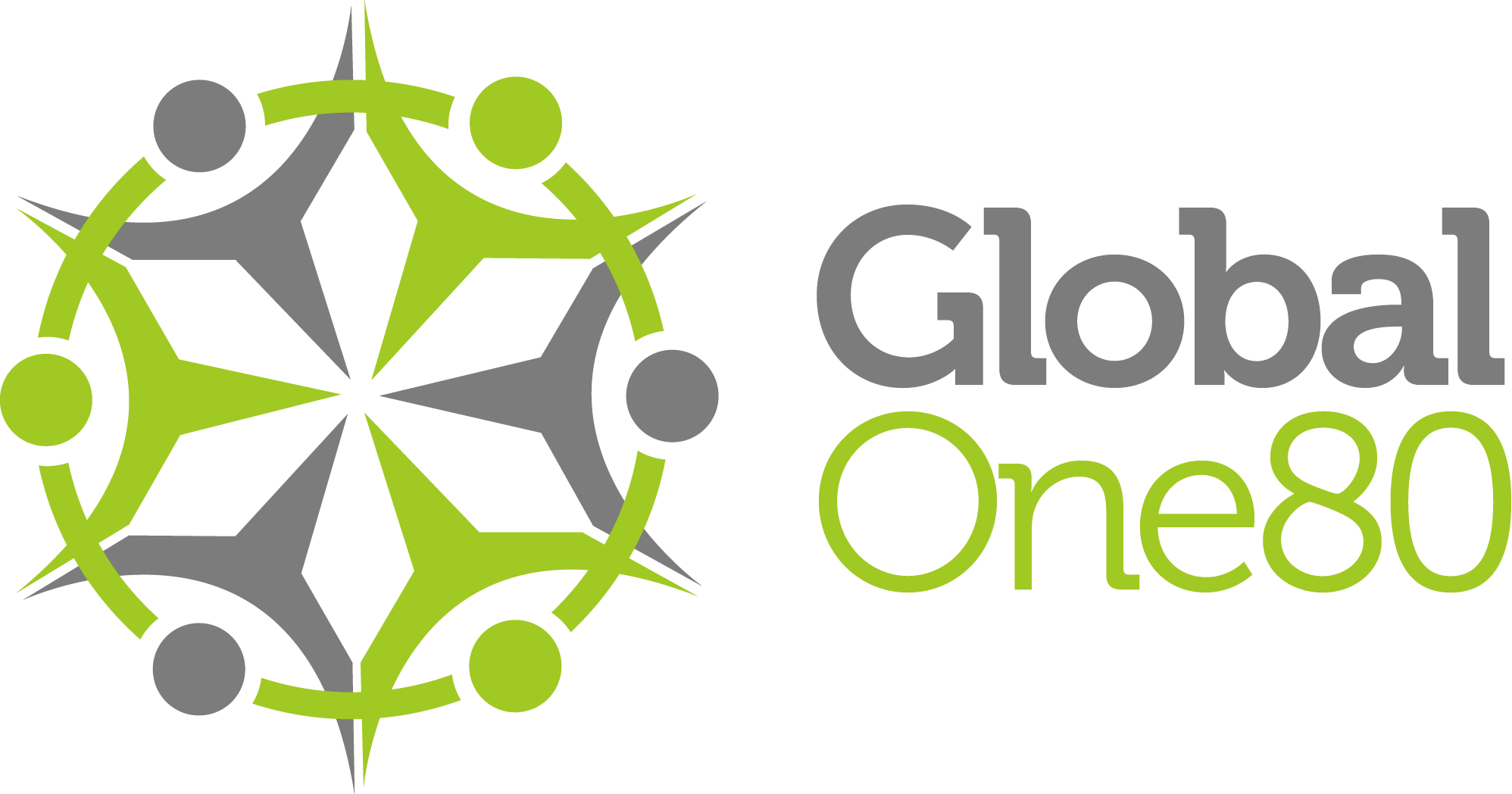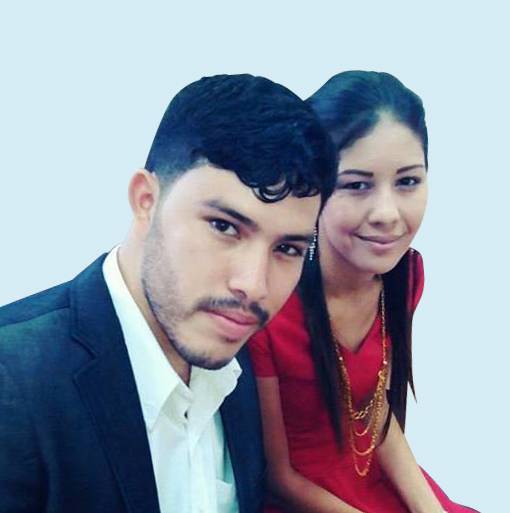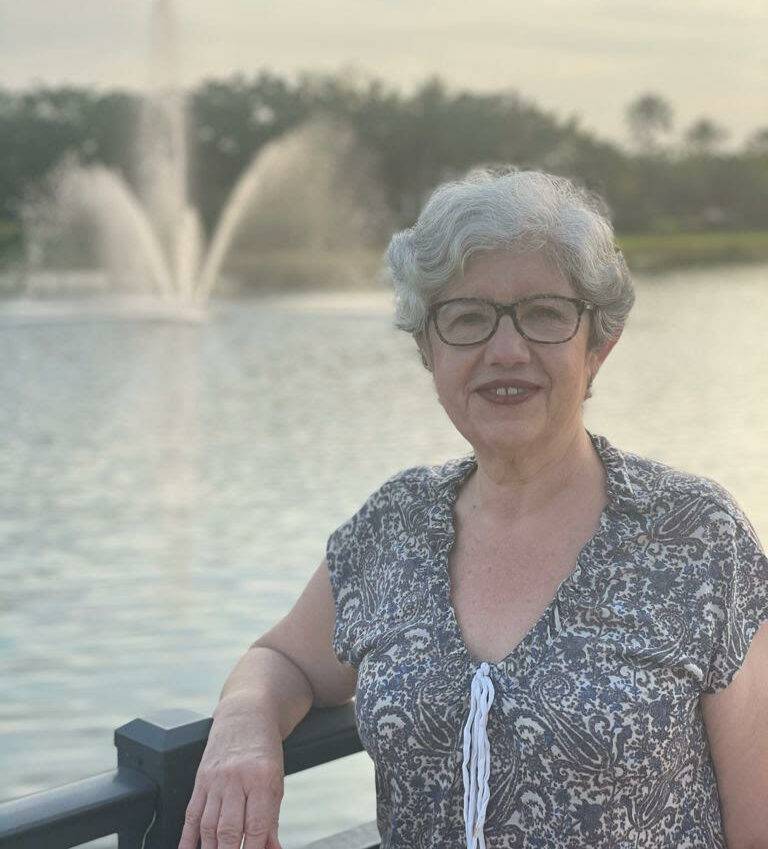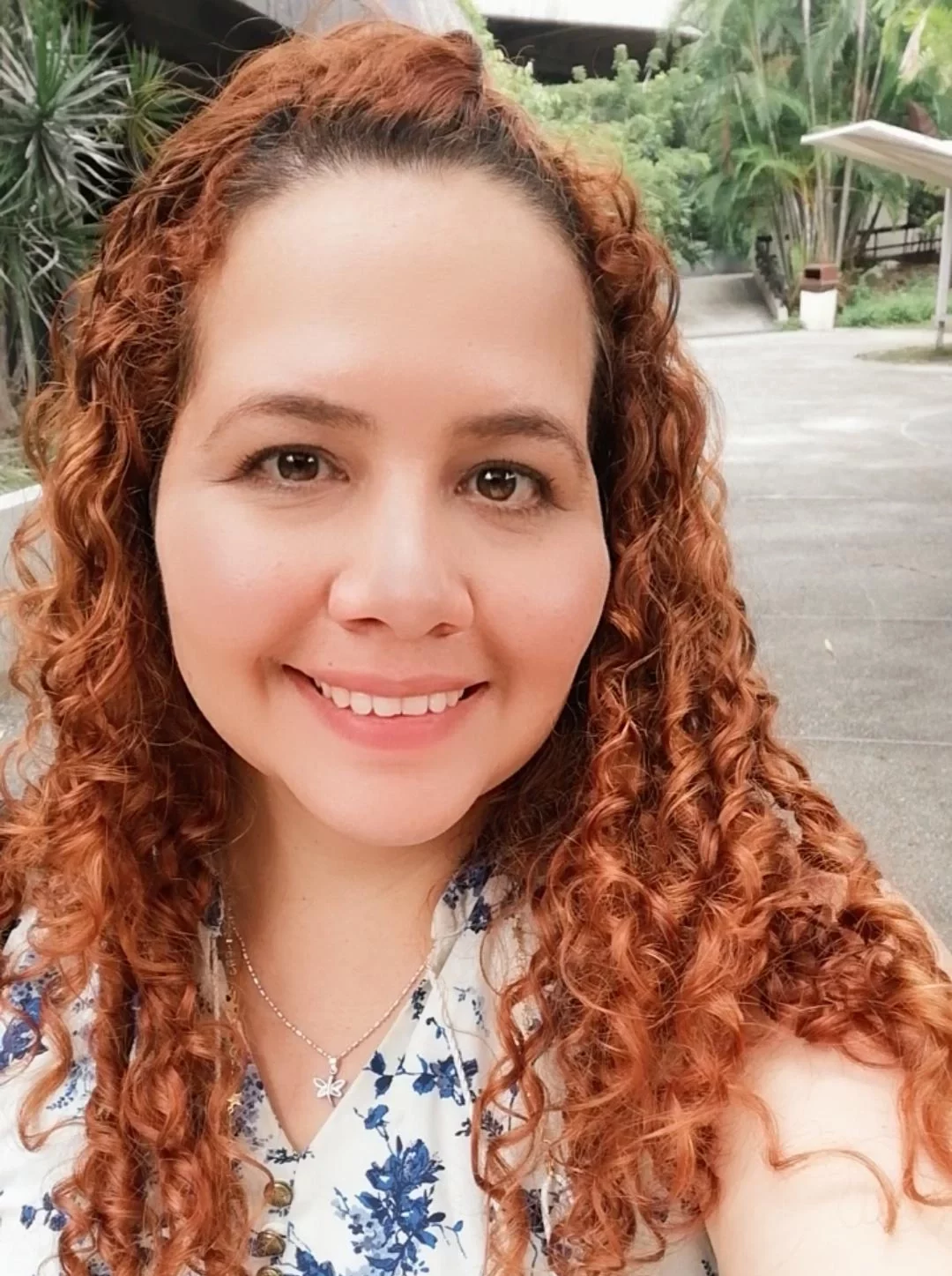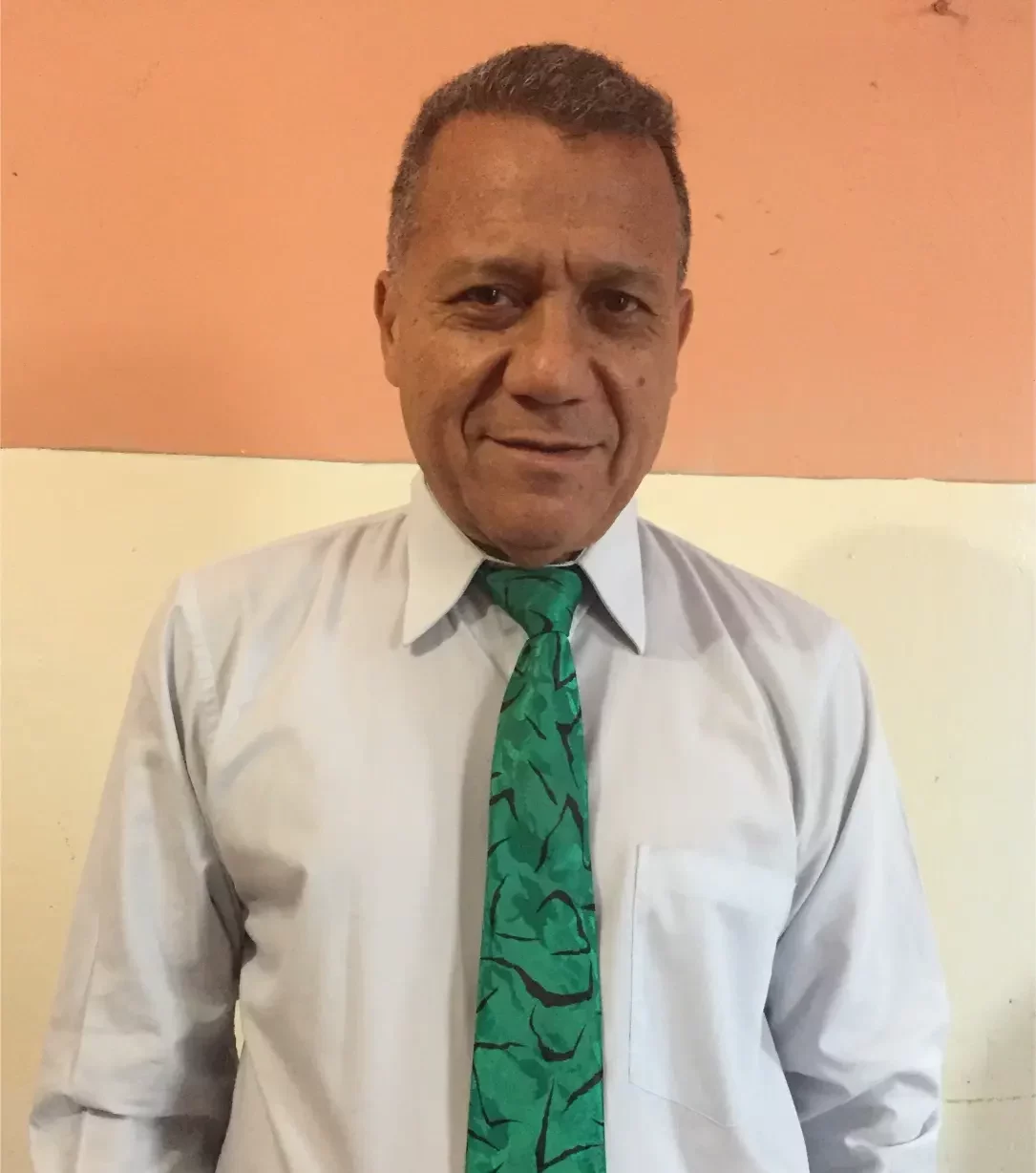What is known as Venezuela today was colonized by Spain in 1522. In 1811, it became one of the first Spanish-American colonies to declare independence, being fully recognized as an independent country in 1830. Throughout the 19thand 20thcenturies, Venezuela has experienced political and military unrest that continues on today. The political system of Venezuela is formally recognized as a federal presidential republic and consists of 23 states. Today, the country is one of the most urbanized countries in Latin America. Venezuela’s economy is driven by the production of oil which was discovered in the early 20thcentury and boasts the largest oil reserves in the world.

Leaders
Magdiel & Keylis Brito
Church Planters
Belkys Moreno
Latino Mobilizers
Raquel Rodriguez
Latino Mobilizers
Andy Miranda
Latino Mobilizers
Rodolfo Cruces
Latino Mobilizers
Description
Venezuela is located on the northern coast of South America. It shares a border with Colombia on the west and Brazil on the south. Venezuela is known for its extremely high rate of biodiversity and is ranked 7thin the world with the most number of species, thanks to the wide range of habitats such as the Andes Mountains, rainforest, plains, and Caribbean coastline. Caracas, the capital city, has a population of close to 3 million people. 51.6% of the population is Mestizo, 43.6% is White, 2.9% is Black, and 1.2% is made up of other races.
Facts
President: Nicolas Maduro Moros
Language: Spanish
Currency: Venezuelan Bolívar
Main Sport: Baseball
Figures
Population: 31,304,016
Land Area: 353,841 sq. mi.
Unemployment Rate: 10.5%
Population Under Poverty Line: 19.7%
Faith
Roman Catholic 96%
Evangelicals 2%
Other 2%
